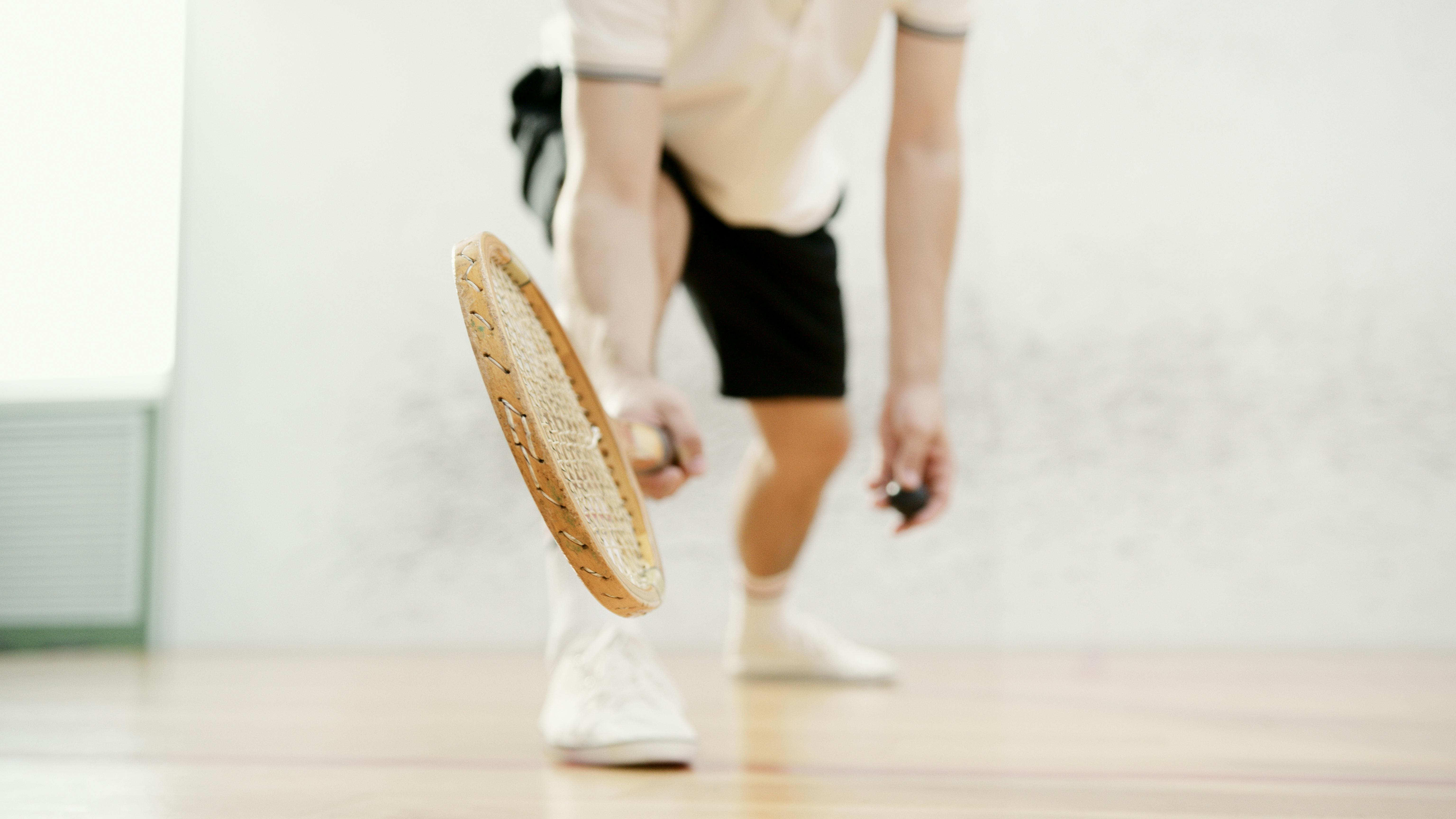
This project involved developing a feasibility study for an upgraded Sports and Community Facility in Mt Wellington, for Riverside Sports, Panmure Squash and Auckland Marist Old Boys Rugby Club.
The Challenge:
Auckland Council and the local community identified a need to upgrade the existing sports and community facilities in Mt Wellington to better serve the growing population and diverse needs of the area. The challenge was to conduct a comprehensive feasibility study to assess the viability of an upgraded or new facility, considering factors such as community demand, potential uses (sports, cultural, social), site constraints, design options, funding requirements, and long-term sustainability. The Council needed expert advice to determine the most appropriate scope and scale for the project and to ensure that any future development would provide significant value to the community.
The Solution:
TUA conducted a thorough site analysis, engaging with stakeholders and the community to understand their needs and aspirations, and developing various concept options for the facility's design and functionality. TUA's approach involved evaluating the potential of the existing site, exploring opportunities for co-located services, and providing detailed assessments of project costs, funding strategies, and operational models. By providing clear, evidence-based recommendations and visual representations of potential outcomes, TUA helped the Council and community envision a revitalised facility that could become a vibrant hub for sports, recreation, and community activities, significantly enhancing the liveability and social cohesion of the Mt Wellington neighbourhood.
The Journey:
TUA's expertise in urban planning and community facility development allowed for a holistic approach, considering not just the physical building but also how it would integrate with the surrounding neighbourhood and contribute to broader community wellbeing. This included innovative ideas for multi-purpose spaces and flexible design to accommodate a range of future activities. TUA's robust community engagement process was crucial in gathering authentic feedback from residents, sports groups, and other stakeholders, ensuring that the feasibility study was grounded in the actual needs and desires of those who would use the facility. This collaborative approach built trust and helped to shape a shared vision for the project. Lastly, TUA's focus on practical and financially sound solutions meant we provided the Council with realistic assessments of the project's viability, including potential funding sources and operational efficiencies, which are essential steps in moving from a feasibility study to actual project implementation that can transform the community.

